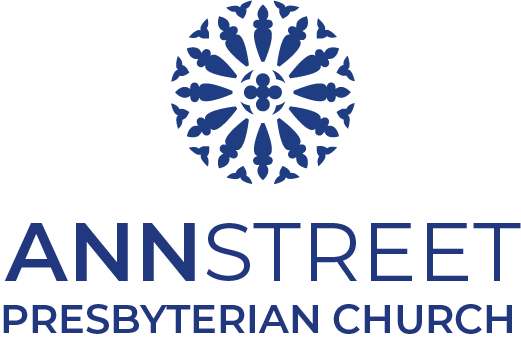SECTION 5: ENCOURAGEMENT TO LIVE TO PLEASE GOD MORE AND MORE (1 Thessalonians 4:1-5:22)
Paul has been giving thanks for the Thessalonians’ faith, reminding them of his life and preaching, and sharing with them his great love for them and great joy in their perseverance and growth.
Now Paul encourages them to continue to live in a way that pleases God, and to do so more and more. Six times in this section Paul mentions urging and encouraging believers to live lives that please God.
DAY 35: 1 Thessalonians 4:1-8 - Encouragement to be Sanctified
Note: To “be sanctified” is to be holy (to be set-apart as God’s possession and to be like him in his character). Sanctification is a work of each member of the trinity and should be understood eschatologically. There is a “now but not yet” nature to sanctification.
We have been chosen by God to be sanctified through the blood of Christ and work of the Holy Spirit (1 Corinthians 6:11, 2 Thessalonians 2:13).
We are being sanctified by God as we grow in Christ-likeness through the work of the Holy Spirit (1 Thessalonians 5:23, 2 Corinthians 3:18).
We will experience our full and perfect sanctification at Jesus’ return (1 John 3:2, Ephesians 5:26-27)
The simple message of sanctification is: “Be who you are!” (Ephesians 5:8)
Many people’s attitude to sexual immorality is to draw a line somewhere in regards to what we watch, or do, or think about. Then we dance around the line, sometimes crossing it, often just going as far as we can up to our line.
How is God’s will for us different to that?
What should our attitude towards sanctification be?
How does each person of the Trinity play a part in our sanctification in these verses?



